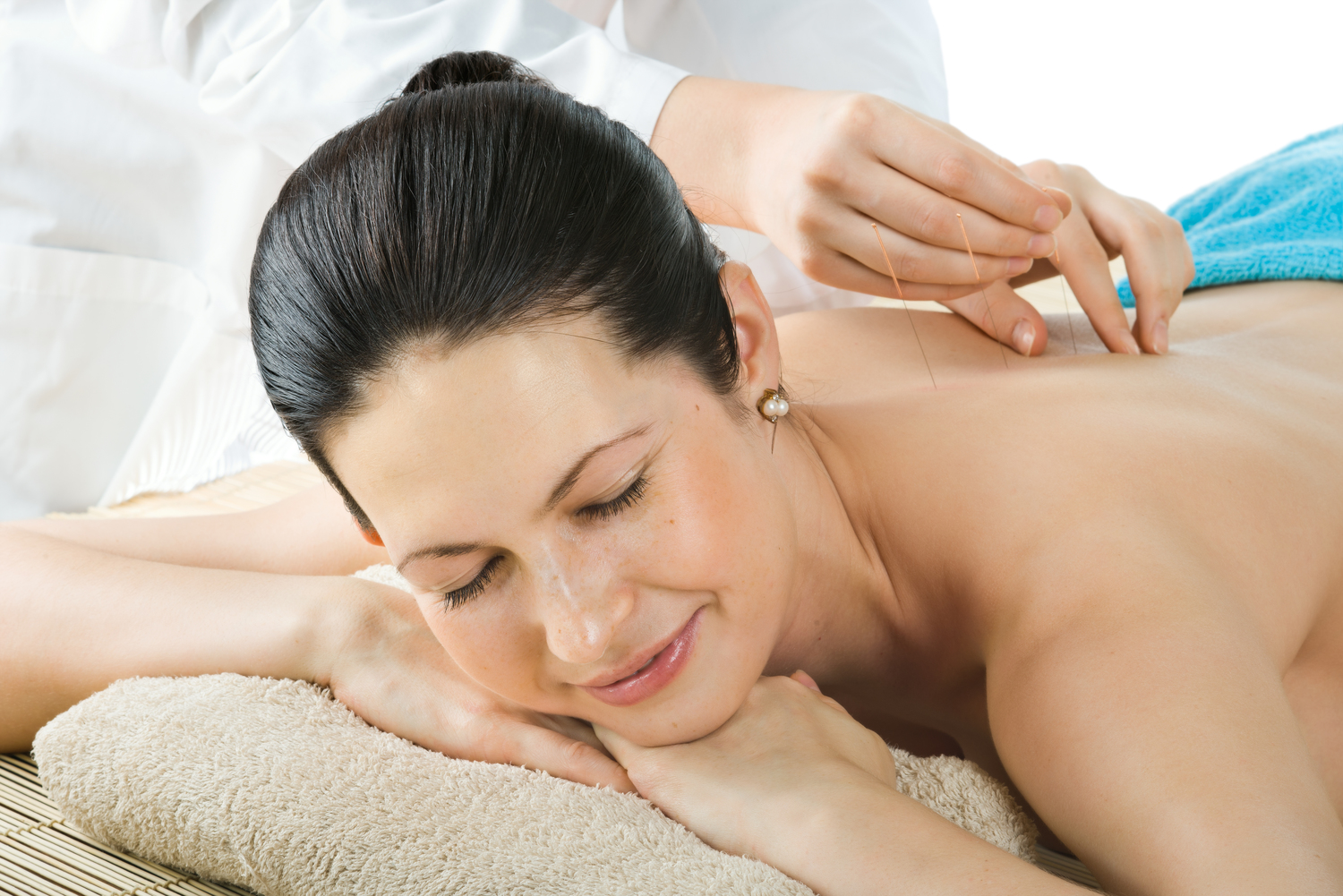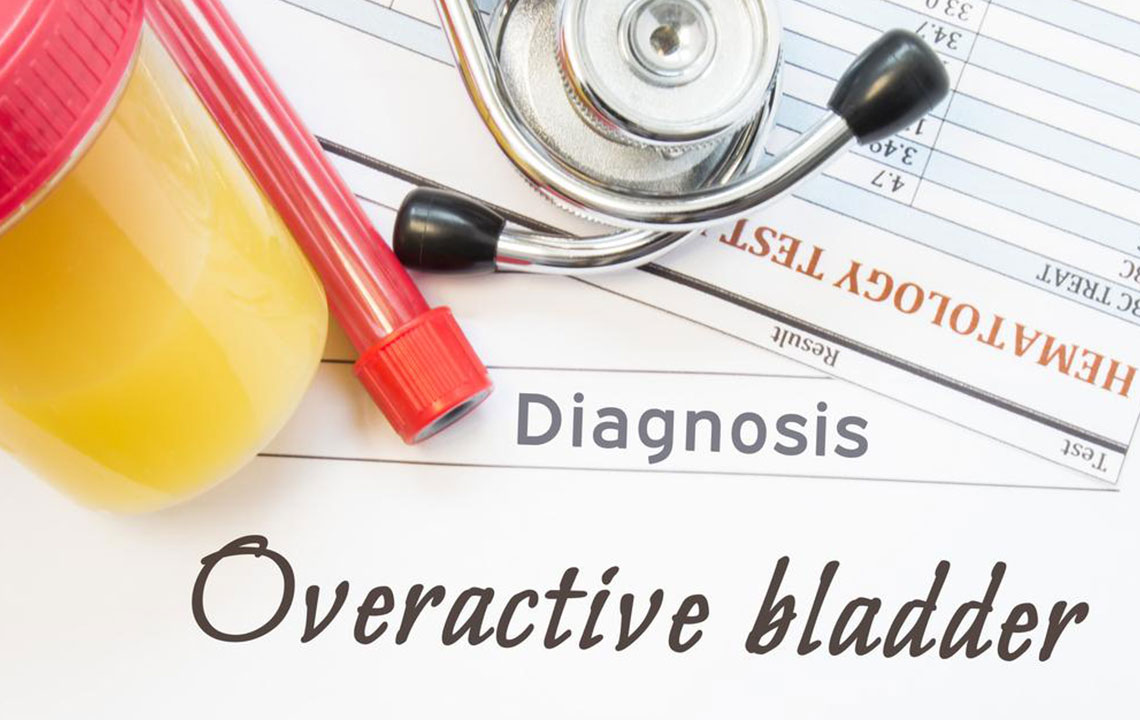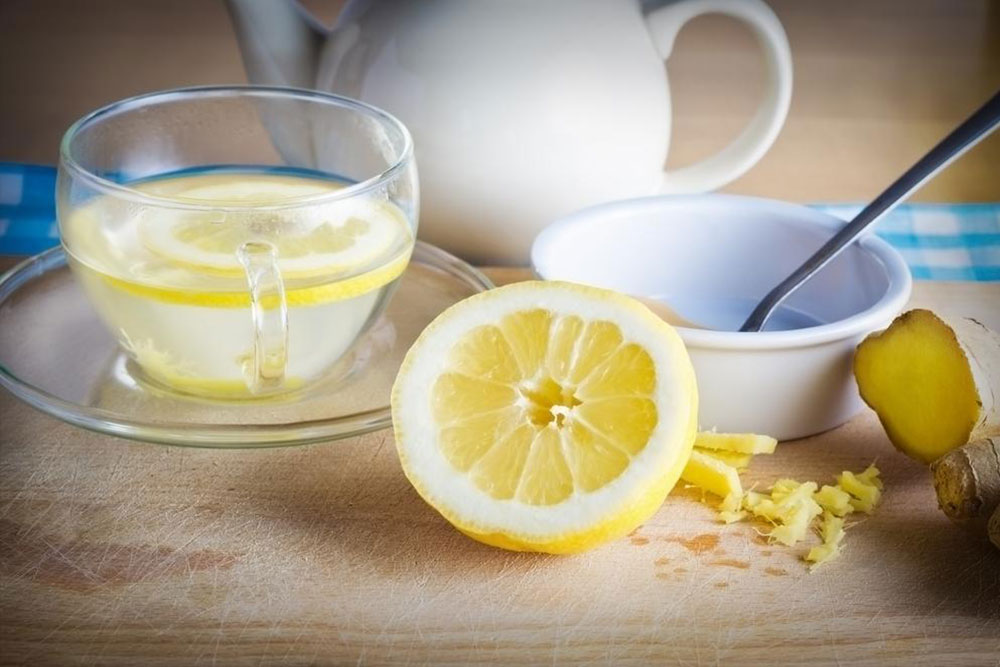Effective Natural Home Remedies to Manage Overactive Bladder Symptoms
Discover effective natural remedies and lifestyle changes to manage Overactive Bladder symptoms. This comprehensive guide covers dietary adjustments, pelvic exercises, bladder training, and stress management techniques that can help reduce urgency and improve bladder health at home. Empower yourself with proven strategies to enhance your quality of life naturally and comfortably.

Comprehensive Natural Strategies to Control Overactive Bladder at Home
Overactive Bladder (OAB) is a common condition that impacts millions of people worldwide, often causing discomfort, inconvenience, and emotional distress. Despite its prevalence, many individuals hesitate to seek medical advice due to feelings of embarrassment or misconceptions about available treatments. Fortunately, a variety of natural home remedies combined with lifestyle modifications can play a significant role in alleviating OAB symptoms, improving quality of life, and reducing dependence on medications.
Overactive Bladder is primarily characterized by a sudden, uncontrollable urge to urinate, which frequently results in the need to visit the bathroom more than eight times during the day and multiple times during nighttime. The condition can be caused by a range of factors, including weakened pelvic muscles, nerve damage, hormonal imbalances, or bladder overactivity. Understanding these causes is key to managing symptoms effectively through non-pharmacological means.
This article discusses evidence-based natural remedies and practical lifestyle strategies that individuals can implement at home. These methods aim to strengthen urinary control, reduce urinary urgency, and improve overall bladder health in a safe, affordable, and accessible manner.
Strategies for Managing Overactive Bladder Naturally
Regulating Fluid Intake: One of the foundational steps in managing OAB is monitoring how much and when fluids are consumed. Reducing excessive intake of liquids, especially close to bedtime, can decrease nighttime urinary frequency and reduce the urgency during the day. Incorporate herbal teas and water in moderation, and avoid excessive consumption of diuretic beverages like caffeine and alcohol.
Dietary Adjustments: Certain foods and drinks are known to irritate the bladder lining or increase urgency. Common culprits include spicy foods, citrus fruits, caffeinated beverages, carbonated drinks, and artificial sweeteners. Replacing these with bladder-friendly options such as bananas, oats, and leafy greens can help mitigate symptoms. Additionally, staying hydrated with non-irritating fluids supports overall bladder health.
Incorporate Bladder-Friendly Nutrients: Nutrients like Omega-3 fatty acids, found abundantly in pumpkin seeds, flaxseeds, and fatty fish, have anti-inflammatory properties that may help soothe bladder tissues. Consuming pumpkin seeds, rich in Omega-3s and zinc, can contribute to improved urinary health and reduce inflammation, which often exacerbates OAB symptoms.
Pelvic Floor Exercises - Kegel Exercises: Strengthening the pelvic floor muscles through regular Kegel exercises is one of the most effective natural ways to gain better bladder control. These exercises involve contracting and releasing the pelvic muscles to enhance urethral and bladder support. Practice daily for several minutes, gradually increasing intensity, to see notable improvements over time.
Bladder Training Techniques: Developing a bladder training routine helps to increase the interval between bathroom visits gradually. Start by scheduling bathroom trips at fixed intervals and waiting slightly longer each day before urinating. This method trains the bladder to hold urine longer and reduces urgency.
Stress Management and Relaxation Techniques: Stress can exacerbate OAB symptoms, so incorporating relaxation exercises like deep breathing, mindfulness meditation, or yoga can help decrease bladder overactivity triggered by emotional factors.
Maintain a Healthy Lifestyle: Achieving and maintaining a healthy weight adds less pressure on the bladder and pelvic muscles. Regular physical activity, adequate sleep, and avoiding smoking further contribute to better bladder health and overall well-being.
Additional Tips for Better Bladder Health
Use warm compresses or sitz baths to relax pelvic muscles.
Maintain a journal to track symptoms, dietary triggers, and bathroom habits for better management.
Consult healthcare professionals if symptoms worsen or persist despite home remedies.
Managing Overactive Bladder naturally involves a combination of dietary habits, pelvic exercises, bladder training, and stress management. While lifestyle modifications can significantly reduce symptoms, it’s essential to seek medical advice for persistent or severe cases. Empowering oneself with knowledge and practical strategies enables improved control, comfort, and a higher quality of life without solely relying on medication.





